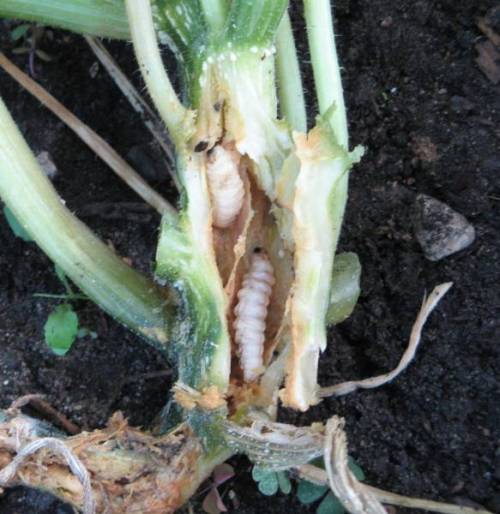Location: 430 West Trinity Place (behind the jail) in Decatur
Archive for July, 2011
Rain Barrel Workshop
Posted in Uncategorized on July 26, 2011| Leave a Comment »
Location: 430 West Trinity Place (behind the jail) in Decatur
Board Meeting
Posted in Uncategorized on July 26, 2011| Leave a Comment »
Next board meeting is Thursday, July 28 from 3:00 to 4:30 pm at Goldberg’s Deli in Georgetown Square.
We welcome anyone to attend, although we don’t set aside time for public comment. We do, however, always welcome feedback. You can leave a comment on our blog, email us (membership@dunwoodygarden.org), or talk to any board member in person.
Workday Saturday
Posted in Events, tagged community garden, grounds team, workday on July 12, 2011| Leave a Comment »
Squash Vine Borer
Posted in Gardening Tips, tagged community gardens, larvae, moth, organic gardening, squash bugs, squash vine borers on July 12, 2011| Leave a Comment »
Squash vine borers are native to the eastern US, and by this time of the year, they’re munching on our plants and causing damage. Squash vine borers are different from squash bugs, by the way.
The telltale signs of an infected plant: rotten stem, sawdust-like substance, and/or wilting leaves. Check the base of the stem. If it looks rotten or hollow or you see a sawdust-like substance, act quickly. If your squash leaves are also wilting, it might be too late to save the plant.
The adult moth resembles a wasp, and here in Georgia, has two broods a year, laying its eggs at the base of the stem. The egg hatches and then the larvae bores itself into the stem. The sawdust-like substance is actually waste from the larvae. The larvae, after doing a number to your squash vine, burrows itself into the soil and pupates the next spring, restarting the cycle.
How to save an infected plant: Slit the stem with a sharp knife and pull the larvae out. Cover the damaged area with plenty of soil to encourage root growth and keep it moist. With a little luck, the squash plant will perk up.
What to do with the larvae: Squish the sucker, but if you can’t stomach that, drop it inside a birdhouse. If you drop it into the soil, it will overwinter and pupate next year.
How to discourage squash vine borers:
- Till the soil to expose overwintered larvae.
- Rotate crops.
- Wrap the base of the stem with pantyhose or foil to prevent egg laying.
Further reading:
- Clemson Extension (Disregard any non-organic recommendations! But they have great pictures and descriptions.)
- ATTRA (Organic recommendations!)
Pear Gleaning
Posted in food pantry, tagged concrete jungle, dunwoody community garden, fruit gleaning, organic garden, pears on July 12, 2011| Leave a Comment »
Members of our garden helped glean over quarter ton of fruit from one pear tree, and nearly all of it went to Malachi’s Storehouse, the food pantry that runs out of St. Patrick’s church. Pattie Baker, our food pantry co-leader, spearheaded this project and partnered with Concrete Jungle.
Want to head up a Dunwoody fruit gleaning team? Email us.


